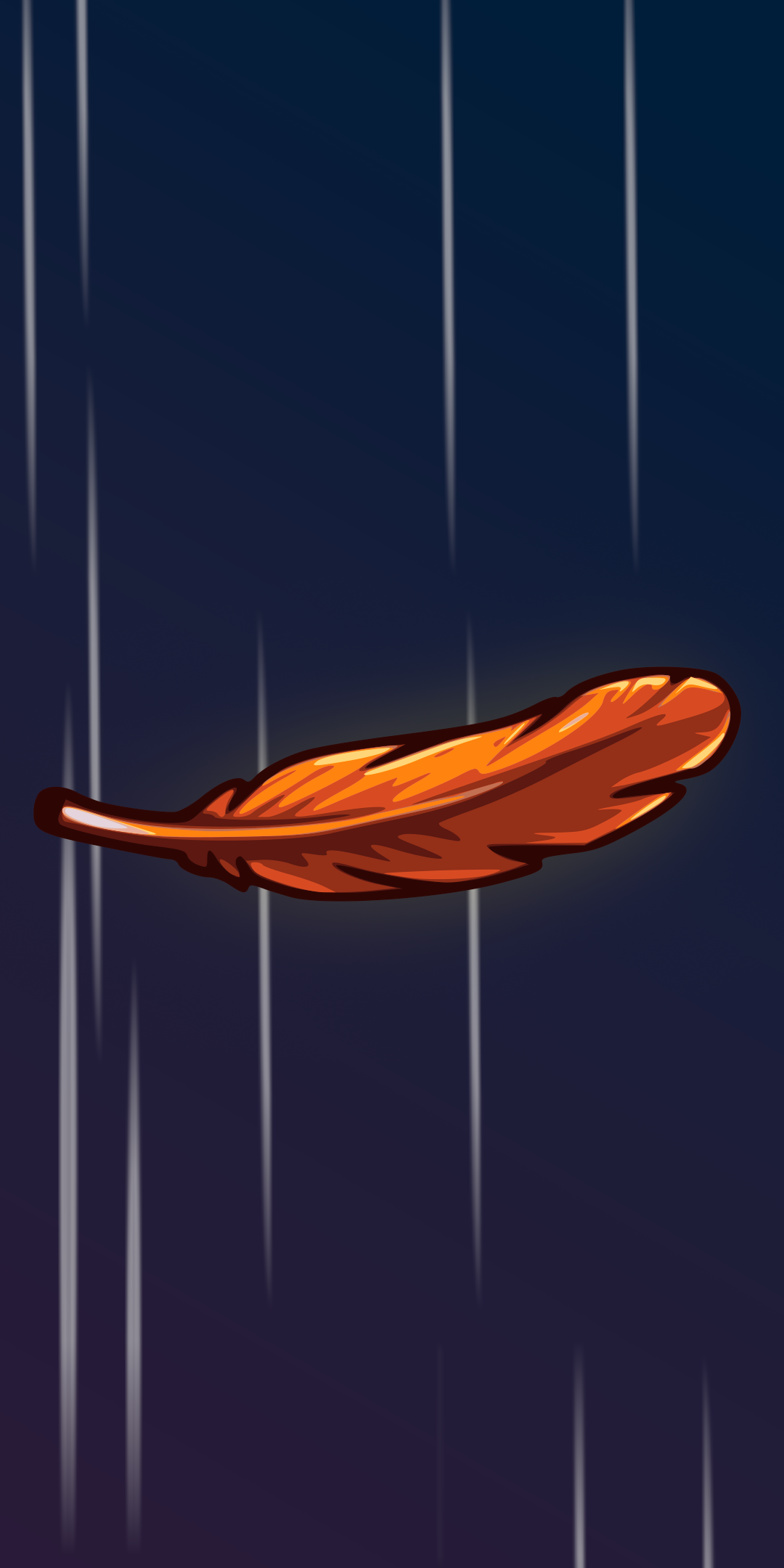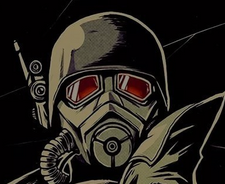- cross-posted to:
- adhd@lemmy.dbzer0.com
- cross-posted to:
- adhd@lemmy.dbzer0.com
cross-posted from: https://lemmy.dbzer0.com/post/26738673
Interviews are uncomfortable. That said, I think rehearsing and sort of reverse engineering the logic of an interview will help you prepare for one.
Game out why the company is acting like they do. Hiring an employee is a big deal to a company because if someone doesn’t work out, they’ll have put their operations at risk by bringing in a new unknown individual, and they’ll lose x amount of time before they can reset. It puts the hiring individual at risk because they may be seen as making a poor hire choice.
Why does that matter? I think it helps as the lens for why the process is how it is, why they ask the questions they do, and what sort of answers I should give.
I have verbally rehearsed answers to questions I think I might get. It’s different to say it out loud. In your head you might think you know a good answer, but you don’t want the first time you say those words to be during the real thing. (This is also why it helps to take interviews even if you’re not sure you’d want or be good for the job, it’s practice)
For “eye contact” I look at someone’s face but just below their eyes. Not sure if it’s convincing but have seemed to have a good track record in interviews.
I’ve been in charge of hiring a few jobs now and I make sure to not care about any of the typical signals when interviewing. I tell recruiters and candidates alike that I’d “hire three raccoons in a trenchcoat if they could turn requirements into working code”.
I’ve hired quite a few folks who didn’t fit the typical mold, because they could write some sweet code. Who cares about eye contact, I want honest, hard working problem-solvers.
The biggest thing my less social folks struggle with (for anyone curious) is requirements gathering. That often takes interviews and repeated interactions with customers. But it’s a skill like any other. Practice brings improvement!
While I completely sympathize with this, and I understand it’s a meme, I do want to give some hope for anybody that this meme resonates with. When my daughter was diagnosed with autism, my coworkers were all immensely understanding, and places I’ve worked since then have also been really receptive to ND in coworkers and their families. I think understanding and acceptance of ND in the workplace is getting better and better.
I’ve hired quite a few people and I’d never pass over somebody for not making solid eye contact.
It may be worth looking for jobs where perfectionism is a desired quality, because in most jobs it is not, which is obviously quite frustrating for those of us who appreciate high levels of excellence.
One way to get by without solving every problem and making things perfect is to write down in a ticket what you would love to do to make the thing perfect and leave it there for another day.
Also, make sure to have acceptance criteria for a task so that you know when to stop working on it. This prevents you from working endlessly on something, letting your own intuitions about completion guide you, because they will likely go way beyond what your boss is looking for. Writing non-goals is also helpful for eliminating entire aspects of tasks. I’ve found these to be very helpful for myself. Think about tasks as mini-games, and the goal is described in the acceptance criteria, and everything else is a distraction from the mini-game. (For more on this kind of thinking, read Reality is Broken by Jane McGonigal)
I’m not in the workforce yet (I’m a student) but i hope the situation improves before i finish Uni.
It will not.
They’re going to be all “Answer me these riddles 30” with multiple two part questions that they won’t give you enough time to write down so you can track what they’re asking. And if you forget enough times you’ll have to disclose you’re neurodivergent and they may or may not awkwardly accommodate you. Be specific in your answers but not too specific, you need to have an example but not give details, be personable, smile, laugh but not too much. DONT HAVE RESTING BITCH/JERK FACE. Talk yourself up while remaining humble while they ask insanely specific esoteric questions about the nature of your soul but by God don’t answer that question for real.
Dude interviews are fucking brutal. The best way to get through them is to be comfortable with your qualifications (they will sometimes test your knowledge on the spot) and roleplay as a ttrpg character with a high cha, int, and wis who has always resolved conflict in a healthy way (make sure to google what pop sci thinks is healthy conflict resolution at the time), and is always able to thread the needle between perfectionism (they don’t want that) and “done enough”.
Also these interviews will probably be on Teams. I haven’t had an in person interview since 2015 when I was still in undergrad.
Also, role playing helped me. I got a friend that works in HR and does some interviews. He helped me by letting me play out an interview. I think it would have been better if we also reversed the roles and let him be the interviewee, just so I can mimic his behavior, but I didn’t think of this that time. Might help someone else though.



